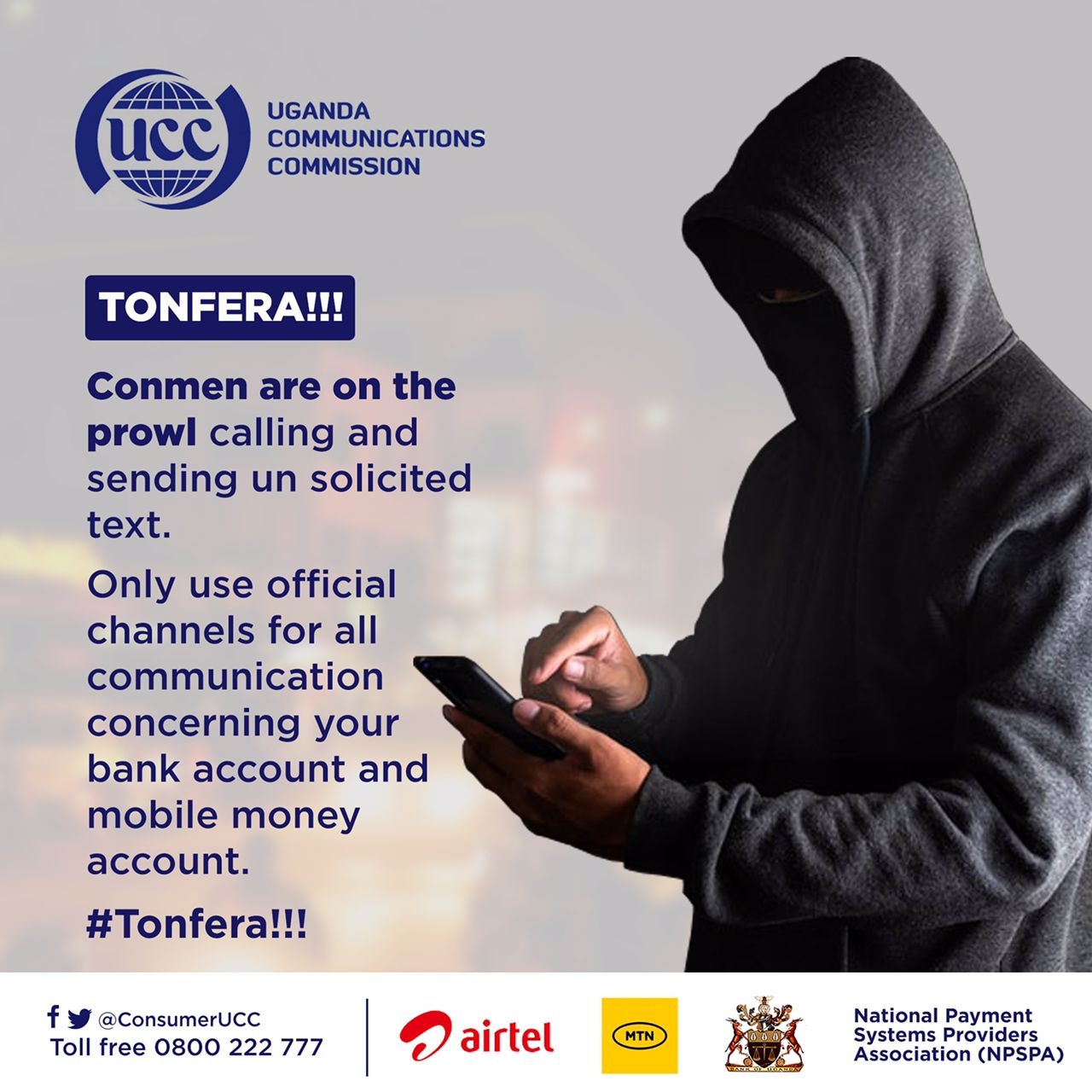Scammers are currently exploiting the credibility of reputable organizations like the World Food Programme (WFP) to deceive unsuspecting individuals. This new fraud is mainly targeting WhatsApp users in Uganda by pretending to provide free money from the World Food Programme (WFP). A questionnaire link is mainly distributed over WhatsApp messages and is used in this scam to trick people into thinking they have a chance to win money and later get scammed.
How the scam works:
Scammers create enticing messages claiming that the WFP is distributing free cash to the public as part of their humanitarian initiatives. The messages lure victims by suggesting that they can access these funds by completing a questionnaire via a provided link.
The link is being circulated within different WhatsApp groups across Uganda claiming that the World Food Programme (WFP) is providing cash assistance. When a user clicks on the link, a notification shows a chance of getting over Ugx 2 million if they attempt a provided questionnaire. The questions range from whether one knows WFP, their age, how they rate the organization, and what their gender is.
All one fills in the questionnaire, fake comments from purported previous beneficiaries keep popping up to show that the cash out is genuine.
After one provides all their required personal information, one is instead asked to inform other WhatsApp users about the promotion to claim their reward which would be delivered within 5 to 7 days.
The scammers then carry out data Phishing which is defined as collecting unsuspecting users’ personal information without their knowledge.
How to protect yourself from being scammed:
To safeguard yourself from falling victim to the fake WFP free cash scam, follow these prevention tips:
Verify the Source: Confirm the legitimacy of the information by visiting the official website or social media platforms of the organization mentioned in the message. Legitimate organizations will typically announce such initiatives via their official channels.
Avoid Suspicious Links: Exercise caution when clicking on unknown links, as they may lead to phishing websites designed to steal personal information or infect your device with malware.
Do Not Share Personal Information: Never provide personal details, such as your bank account number, passwords, or phone numbers, through suspicious websites, platforms or links or to unknown individuals.
Report and Spread Awareness: If you come across the WFP free cash scam on WhatsApp or any other fraudulent activity, report it immediately to the WFP and local authorities. Additionally, inform your family, friends, and colleagues to raise awareness and prevent them from falling victim to the scam.
Conclusion:
The emergence of the fake WFP free cash scam questionnaire link circulating on WhatsApp is a growing scam in Uganda. It is crucial for individuals to remain cautious of unsolicited messages offering financial assistance from reputed organizations like the World Food Programme (WFP).



